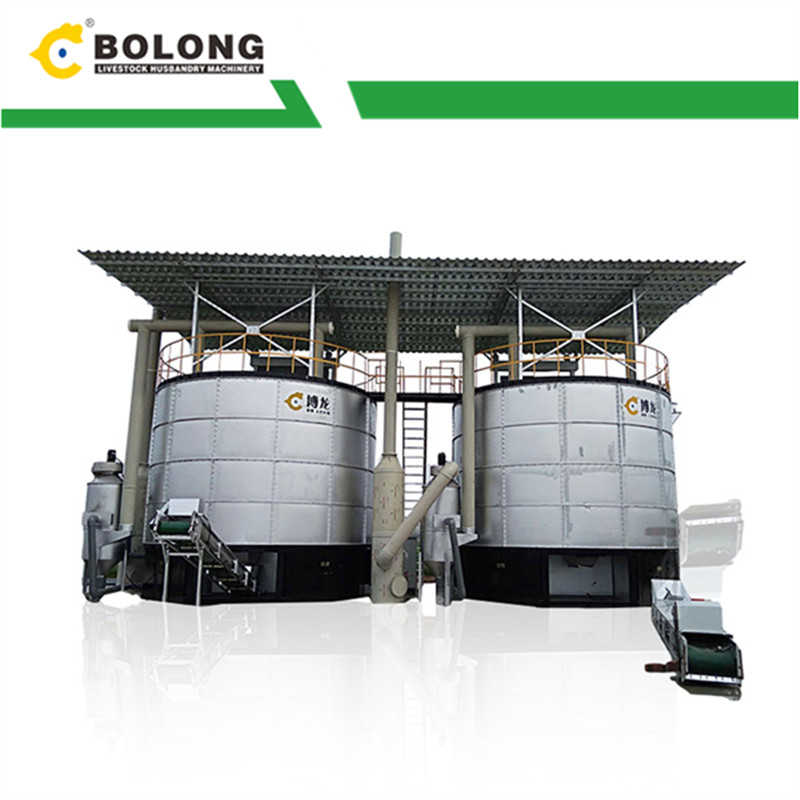
Anaerobic fermentation is an environment-friendly method for resource recycling from organic wastes, by which the wastes can be directly converted to valuable products, such
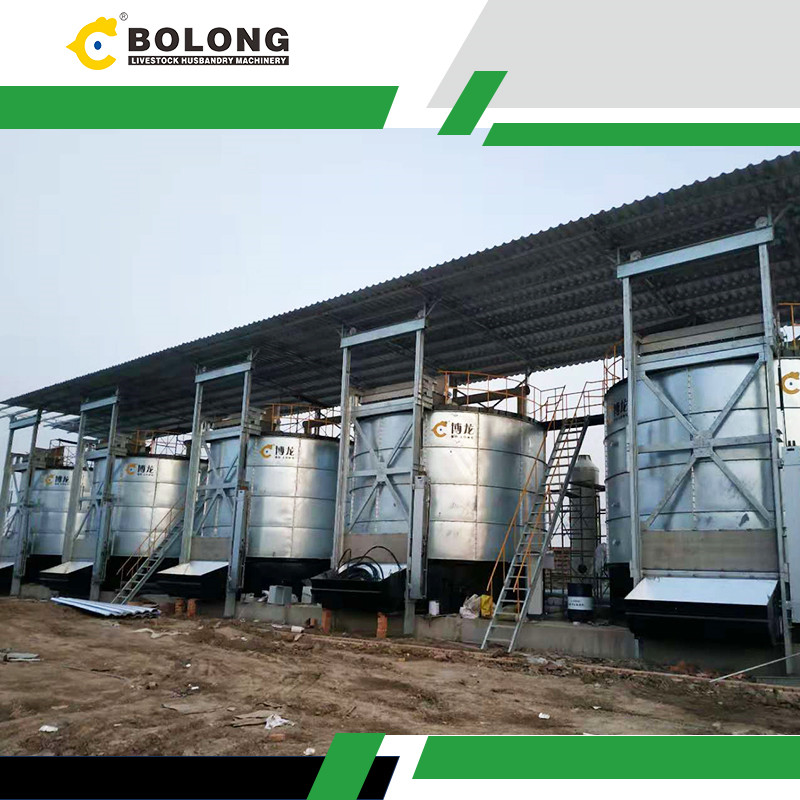
2023/11/1/ · This study demonstrated that repeated-batch fermentation has the potential for long-term production of lactate and VFAs from fruit and vegetable waste.



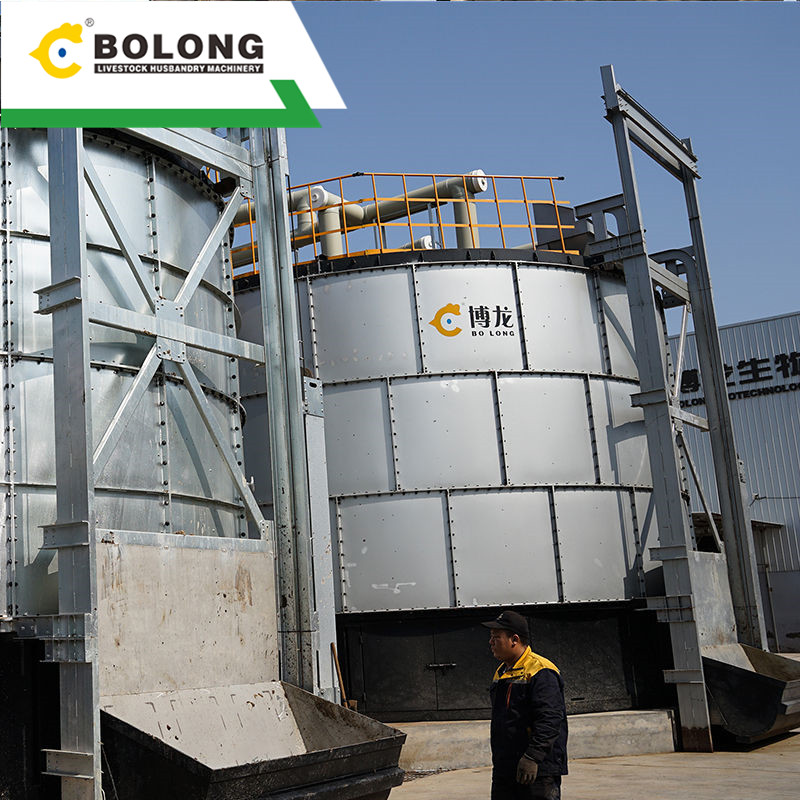
2015/11/25/ · A wide range of value-added by-products can be potentially produced from waste activated sludge (WAS) through anaerobic fermentation, among which short
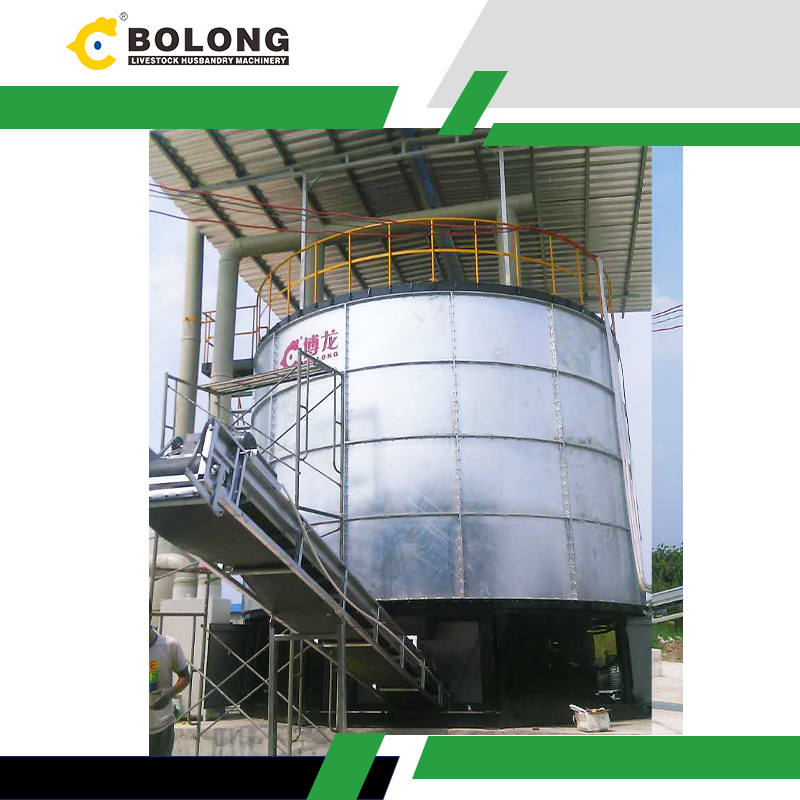
2024/5/15/ · This work demonstrated that magnetic biochar (as a typical conducive material) could enhance interfacial, extracellular and intracellular electron transfer networks during food waste fermentation, resulting in the improved production of short-chain fatty

2022/2/28/ · Anaerobic fermentation can convert complex organic matter in sewage sludge into short-chain fatty acid, hydrogen, methane and other resources and is an
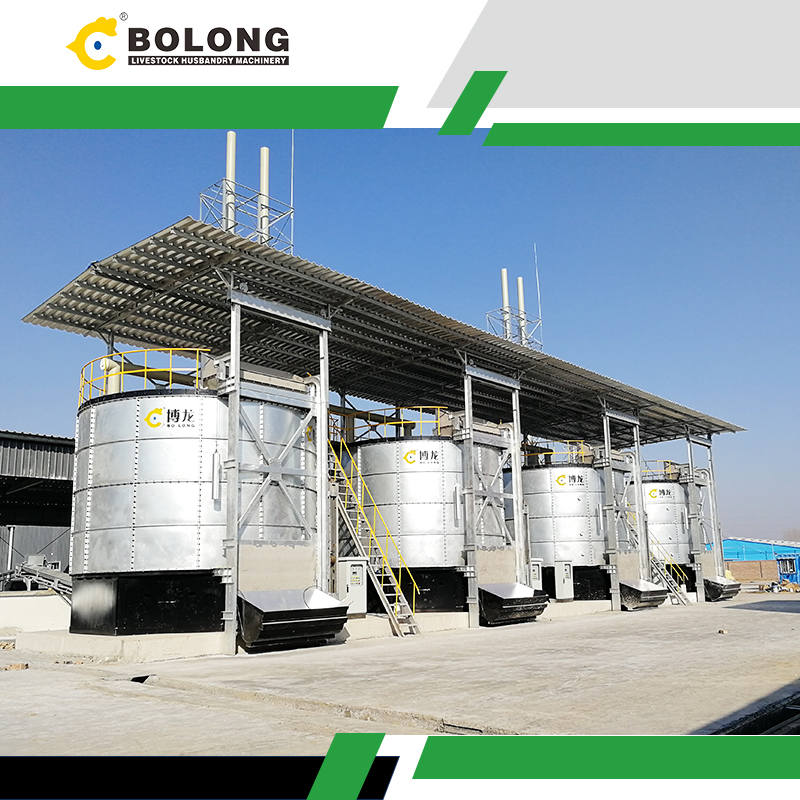
An efficient approach of bioconverting the organic wastes in liquor wastewater (LW) and waste activated sludge (WAS) to valuable short-chain fatty acids (SCFAs) via anaerobic

2024/3/12/ · Acidogenic fermentation is an emerging biotechnology that allows for the utilization of food waste as a feedstock to produce high-value products such as short
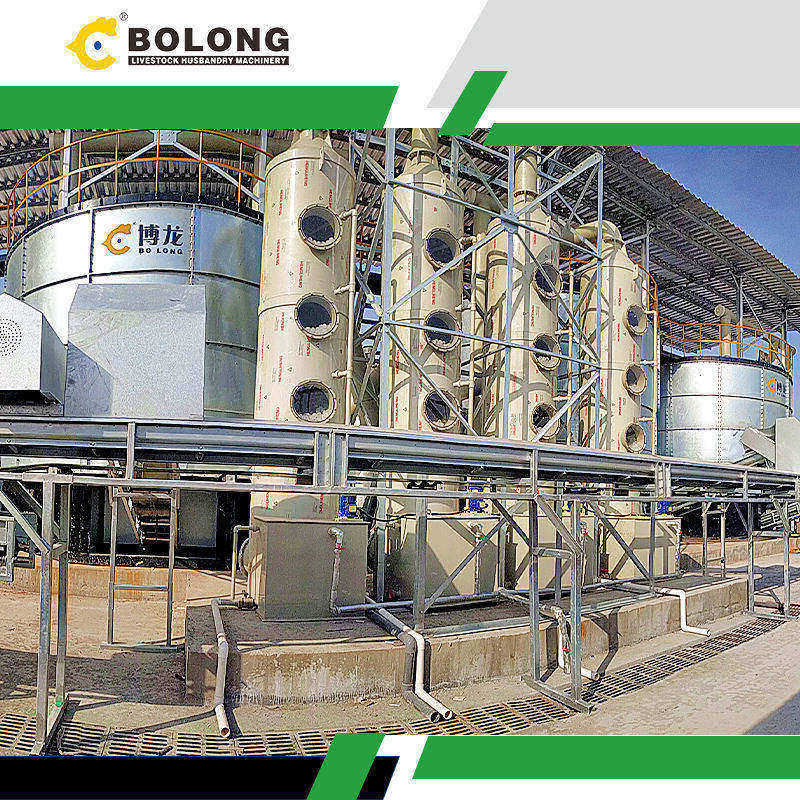
2024/1/6/ · The purpose of this work is to investigate the effects of alumina slag-modified biochar (Al@BioC) on the SCFAs production from WAS via anaerobic …
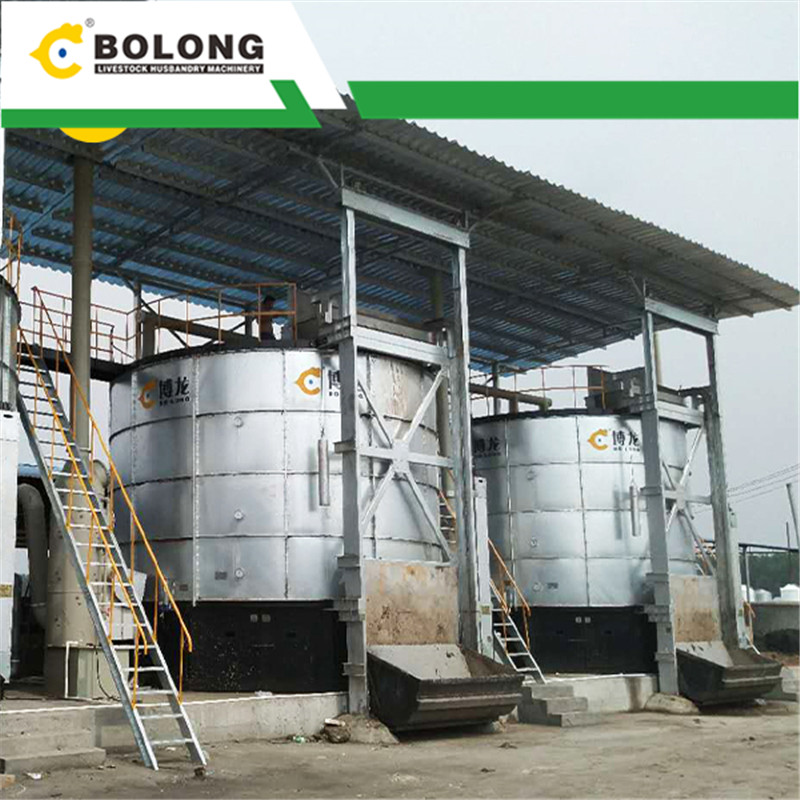
2023/9/15/ · The effective conversion and recycling of organic solid waste contribute to the resolution of widespread issues such as global environmental pollution, energy …
